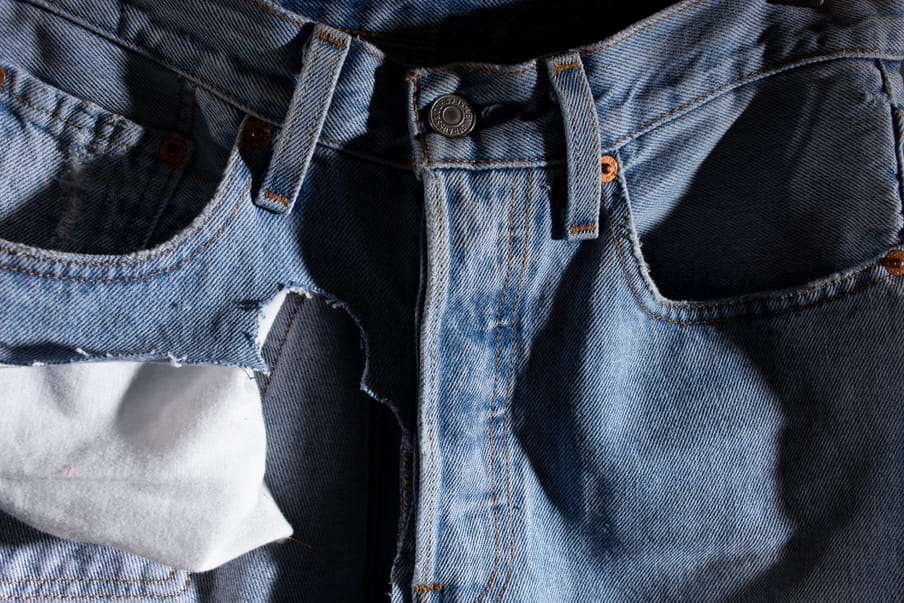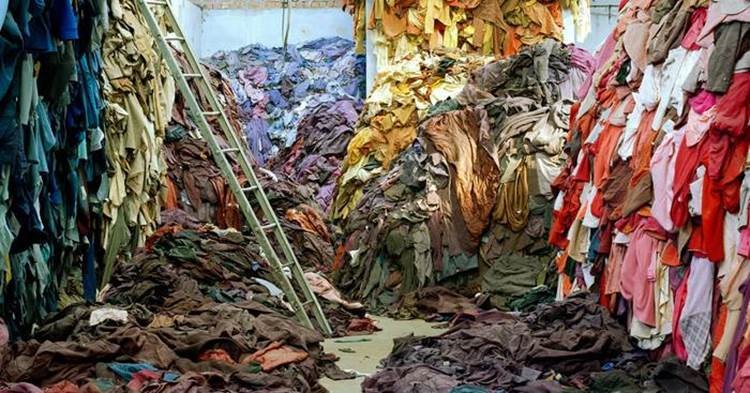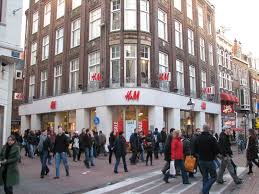WHY ARE ALL YOUR CLOTHES WORSE NOW?
Posted by Christal Duncan on 2024 Jul 28th
The fast fashion industry has recently transformed how we buy clothes. Brands like Zara and Shein have grown exponentially, providing low-cost trendy clothing. However, this rapid growth comes at a significant cost to both consumers and the planet.
The Decline in Quality
As fast fashion brands race to produce the latest trends, it is now undeniable that the quality of clothing has plummeted. Consumers are now faced with garments that lack durability, often devoid of essential features like pockets.
The emphasis on speed and cost-cutting means that the craftsmanship and materials used are often subpar, leading to a wardrobe full of items that wear out quickly and require frequent replacement.
In short, fast fashion only causes harm to every system and being on our planet.

Environmental Impact
The environmental consequences of fast fashion are staggering. Textile waste has reached unprecedented levels, with landfills overflowing with discarded clothing. This waste is not only an eyesore but also a significant environmental hazard.
In addition to this, the production process itself is resource-intensive, involving vast amounts of water, energy, and chemicals.
As a result, the processes used in fast fashion continue to pollute, causing catastrophic harm.
Some of those harms include:
- destroying river and water systems in the places where it is produced
- synthetic fibres like polyester, nylon and acrylic take hundreds of years to biodegrade
- fast fashion uses enormous amounts of energy that is further contributing to our climate crisis

Exploitation of Workers
The fast fashion model (obviously) relies heavily on low-cost labor. Most often, those workers are in countries with minimal labor protections.
Workers in these factories endure poor working conditions, long hours, and meagerly wages. (For example, the average wage for a garment worker in Bangladesh is $113 per month).
There is no equity in exploitation - and fast fashion demands that many people be exploited for their labour for the demands of the consumer.
The drive to keep production costs low and output high means that the human cost of fast fashion is steep, with workers paying the price for our cheap clothing.

The Role of Big Corporations
Large corporations and their shareholders are the primary beneficiaries of the fast fashion industry.
What that really means is that a handful of people are getting obscenely wealthy at the cost of human life and a shared planet.
Brands like Zara and Shein continue to profit enormously, while consumers receive lower-quality products and workers face exploitation.
These companies often engage in practices that prioritize profit over ethical considerations, perpetuating a cycle of exploitation and environmental harm.

So What CAN You Do?
- First of all, find joy in what you buy and what you own. You're worth it! Buy less and buy better.
- Support slow fashion products and designers because every small business in this industry is doing their best to make it better
- Fall in love with the thrifting and the circular fashion world. It's filled with inspiring and fun humans.
- Get curious about what is happening in the world of fast fashion so that you can make choices that honour who YOU are.
- Discover organizations like More Perfect Union, who are working to shed light on these issues and advocate for change. By reporting on the real struggles of the working class and holding corporations accountable, they aim to build power for working people and promote a more just and sustainable fashion industry.
Here's the bottom line:
Your choices matter. You play an important part of the future, so make the choices that remind you of who you really are.
xo
Christal

